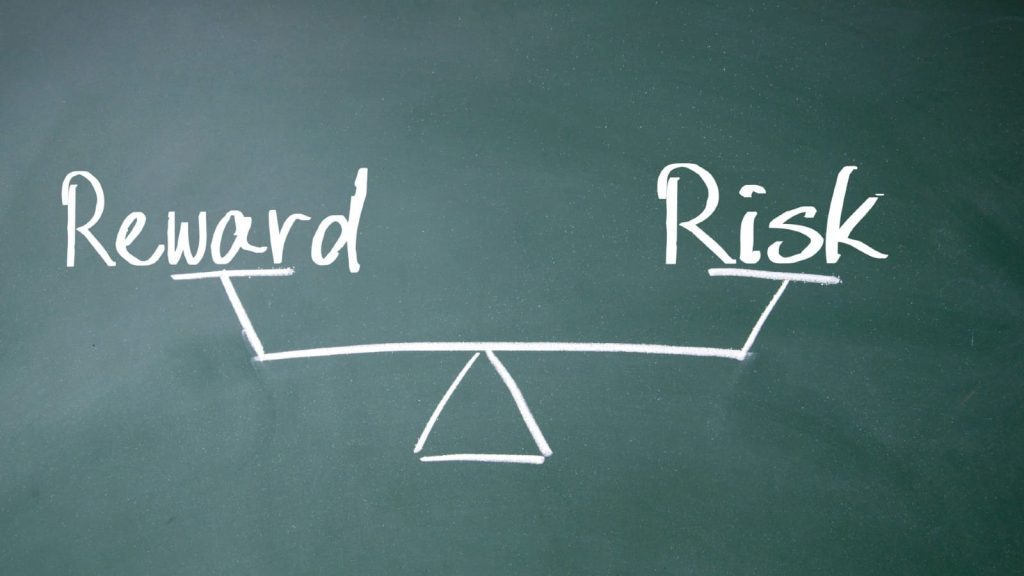Which is better: £100,000 or a second income of £5,481 per year?


According to the bond market, £100,000 in cash and a second income of £5,481 per year are roughly equivalent in value. But I’m not so sure – I think the cash is better.
Right now, a 30-year UK government bond comes with a 5.481% yield. But my suspicion is that investors with a long-term focus can do better in the stock market.
Dividend stocks
Buying bonds is one way of turning cash into passive income. But another way is by owning shares in companies that distribute their profits to shareholders as dividends.
These are inherently riskier than bonds. The chance of just about any company getting into difficulties is higher than the UK government defaulting on its debt obligations.
On the plus side, however, companies can – and often do – increase the amount they pay out to investors when things go well. With bonds, this just doesn’t happen.
Over 30 years, I think investors who buy dividend stocks have a chance to do better than 5.481% per year. But there are no guarantees and the key is selecting the right stocks.
Taylor Wimpey
Taylor Wimpey (LSE:TW) – with its 8.5% dividend yield – is an interesting example. I think the FTSE 100 housebuilder is in a good position to benefit from a long-term shortage in UK housing.
Unlike its peers, the firm has managed to maintain its dividend over last couple of years. But this has involved the company paying out more than it has been making, which is risky.
That can’t go on indefinitely, but I don’t think it needs to. With interest rates looking likely to fall and a need for more houses, I expect demand in the property market to pick up in the near future.
Ultimately, Taylor Wimpey’s policy of basing its dividend on its assets (rather than its cash flows) has given investors an unusually stable income. And I think it’s worth considering right now.
British American Tobacco
Sometimes, however, big dividend yields can be risky. And I think that’s the case with the 6.25% return on offer from shares in British American Tobacco (LSE:BATS).
On the face of it, things look pretty good. Revenues have been relatively stable over the last five years and (unlike Taylor Wimpey) the firm’s dividend is well covered by its cash flows.
Beneath the surface, however, things are less positive. The company has been increasing prices to make up for declining cigarette volumes and I don’t think is a long-term solution.
The hope is that new products – especially nicotine pouches – can grow enough to offset the declines. That could happen, but I don’t think a 6.25% yield is enough to offset the risk.
Cash or income?
Right now, I think £100,000 is worth more than a second income of £5,481 per year. That’s mostly because I believe there are opportunities to do better in the stock market.
Dividend stocks can be great investments, but it’s important to think about the long term. High yields today don’t mean much if they’ll be gone in 10 or 20 years.
Despite the risks, I think a diversified portfolio of equities could provide a better source of passive income than UK government bonds. So I think the cash is worth more right now.
The post Which is better: £100,000 or a second income of £5,481 per year? appeared first on The Motley Fool UK.
More reading
- 4,985 shares of this FTSE dividend star pay an income equal to the State Pension!
- Low P/E ratios and 6%+ dividend yields! Could these FTSE 100 shares be irresistible?
- These 4 FTSE 100 stocks are currently yielding more than 8%!
- Want to earn £1k+ in annual passive income from a £20k Stocks and Shares ISA? Consider this!
- How much should a 30-year-old put in a SIPP to make a £100k passive income at 65?
Stephen Wright has no position in any of the shares mentioned. The Motley Fool UK has recommended British American Tobacco P.l.c. Views expressed on the companies mentioned in this article are those of the writer and therefore may differ from the official recommendations we make in our subscription services such as Share Advisor, Hidden Winners and Pro. Here at The Motley Fool we believe that considering a diverse range of insights makes us better investors.





